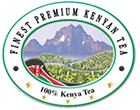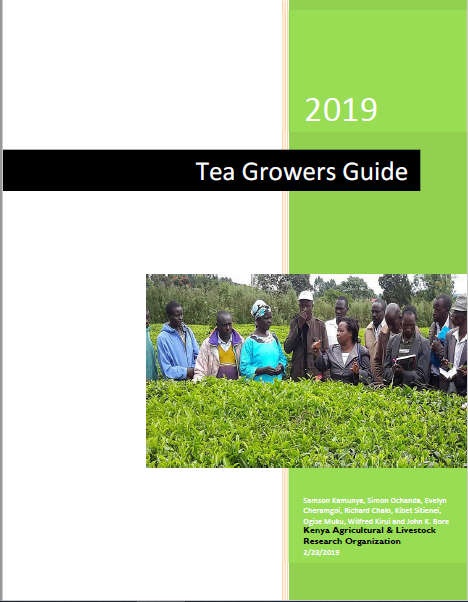Tea was introduced to Kenya in 1903 at Limuru by Right Brothers. In 1924 commercial large estates started tea farming. The Tea Board of Kenya was formed in 1950 to regulate the tea industry. In 1954 smallholder tea cultivation commenced under the Swynnerton Plan with the first small holder tea factory established in Ragati, Nyeri County in 1957.
In 1960 Special Crop Development Authority (SCDA) was established and two years later, Kenya Tea Development Authority was established under the Agriculture act (cap 318) section 191(legal Notice No.42). In 1999 KTDA order was revoked through the legal notice No.44 as a result of recommendation of sessional paper No.2 of 1999 hence Kenya Tea Development Authority was privatized giving rise to Kenya Tea Development Agency to serve the interest of smallholder tea farmers in Kenya. Tea therefore contributes immensely to socio‐economic development of the country. It is the leading foreign exchange earner amounting to 20% of the total foreign exchange earnings and contributing 4% of the Gross Development Product (GDP). It provides livelihood and supports 0.64 million Kenyans and contributes to rural development (Ref). This has been realized through active role played by all the actors in the tea industry in Kenya. Research and development in the tea industry through KALRO‐Tea Research Institute plays a key role in improving productivity per unit area by availing cost effective and sustainable tea technologies such as proving novel tea cultivars to the stakeholders in Kenya.
![]() Download Tea Growers Guide 2019 (PDF, 5.2MB)
Download Tea Growers Guide 2019 (PDF, 5.2MB)





